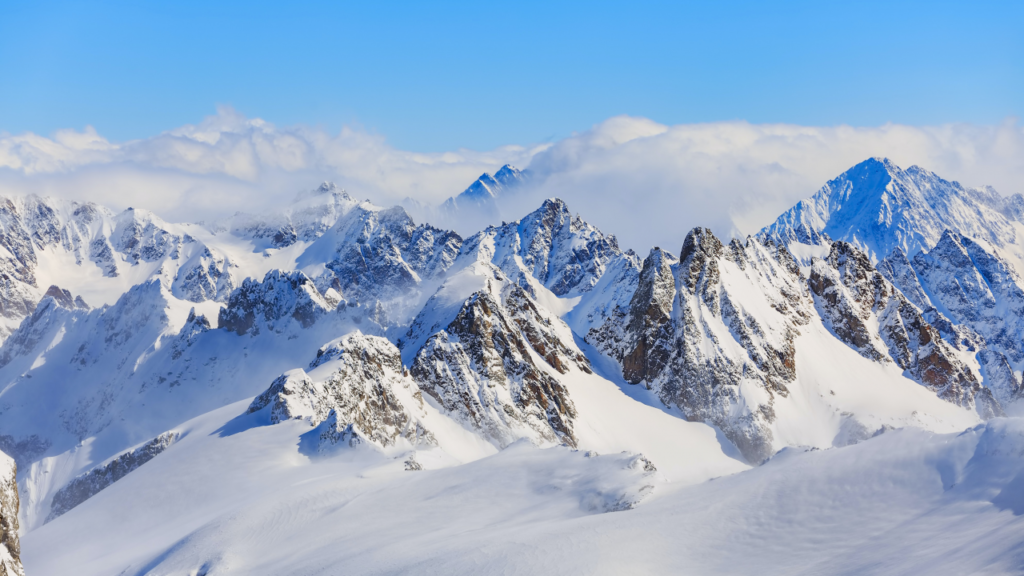Introduction to Mountain Range
Mountain ranges are a series of mountains or hills that form a line of peaks, usually spanning long distances. They are usually formed by tectonic uplift, and can be separated from other landforms by lowlands or valleys. Mountain ranges can also be formed by volcanic activity, erosion, and other geological processes. Ranges are often a source of natural resources, and provide habitats to a variety of wildlife.
Mountain Ranges Around the World
One of the most iconic mountain ranges is the Rocky Mountains, stretching from Alaska in the United States down to Mexico. This range includes some of the tallest peaks in North America, such as the famous Mount McKinley. Other famous mountain ranges include the Alps in Europe, the Himalayas in Asia, the Andes in South America, and the Atlas Mountains in Africa.
The Highest Mountain Ranges
The Himalayas, located in Asia, are the highest mountain range in the world, with peak heights reaching over 8,000 meters. This range is home to the world’s highest peak, Mount Everest, standing at 8,848 meters. The Karakoram Range is the second highest mountain range, with K2, the second highest mountain in the world, standing at 8,611 meters.
The most impressive mountain range in the United States is the Sierra Nevada, located in California. This range is home to the highest peak in the contiguous United States, Mount Whitney, standing at 4,421 meters.
The Benefits of Mountain Ranges
Mountain ranges can offer various benefits to those brave enough to climb them. Many people enjoy exploring the wild terrain, while others seek out the physical challenge of a mountain climb.
Mountain ranges also offer a range of ecological benefits. The different elevations and environments can support a variety of flora and fauna, and can act as a valuable resource for those living nearby. Mountain ranges can also act as natural water sources, capturing rainfall and snowmelt and distributing it to nearby areas.
The Dangers of Mountain Ranges
Despite the many benefits of mountain ranges, they can also pose a significant danger to those unprepared for the high altitudes and harsh conditions. Climbers must be aware of the risks, such as hypothermia, altitude sickness, and rockfall, and be prepared with the right equipment and knowledge. Weather conditions can also be unpredictable and harsh, and can often change quickly.
Conclusion
Mountain ranges are a remarkable feature of the natural world, providing stunning landscapes and often unique habitats for wildlife. While they can offer many benefits to those who visit and explore them, they can also be dangerous and unpredictable. Those who choose to venture into the wilds of a mountain range must be aware of the risks and be prepared to face them.

